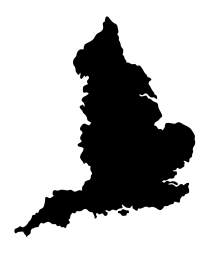Pneumococcal disease
Pneumococcal disease is a bacterial infection caused by the bacteria Streptococcus pneumoniae (also called ‘pneumococcus’). It may cause middle ear infection, pneumonia, meningitis (inflammation of the coverings of the brain and spinal column) or bacteremia (a bloodstream infection), as well as other infections.
Incubation period
1-3 days
Symptoms
Vary depending on the type of infection
Possible complications
Vary depending on the type of infection
About pneumococcal disease
Pneumococcal diseases are symptomatic infections caused by the bacterium Streptococcus pneumoniae. The term invasive pneumococcal disease (IPD) is used for more severe pneumococcal infections where the bacteria has invaded parts of the body that are usually germ-free.
IPD can cause:
- Bacteremia (bacteria in the bloodstream)
- Sepsis (an extreme and sometimes fatal response to infection by the immune system)
- Meningitis (an infection of the protective membranes around the brain and spinal cord)
- Osteomyelitis (a bone infection)
Pneumococcal infections can also cause pneumonia, sinusitis (a sinus infection) and otitis media (an infection of the middle ear).
Pneumococcal disease symptoms
Pneumococcal disease can cause a variety of different infections, each with different symptoms.
Symptoms of pneumococcal pneumonia, for example, include fever and chills, a cough, rapid breathing or difficulty breathing, and chest pain.
Pneumococcal meningitis includes symptoms such as a stiff neck, fever, headache, light sensitivity, and confusion.
A blood infection like bacteremia might cause fever, chills and low alertness.
Sepsis may present with confusion or disorientation, shortness of breath, a high heart rate, a fever/shivering/feeling very cold, extreme pain or discomfort, and clammy or sweaty skin.
Possible complications
Most pneumococcal infections are mild but some can have long-term complications or even be fatal. Early diagnosis and treatment are vital.
You should call your GP, request an ambulance or go to your nearest A&E straight away if you think you or your child might have a pneumococcal infection.





